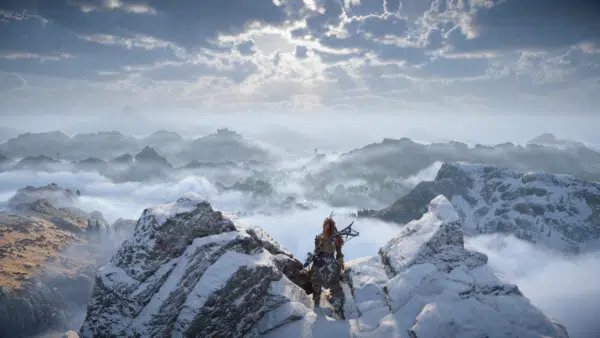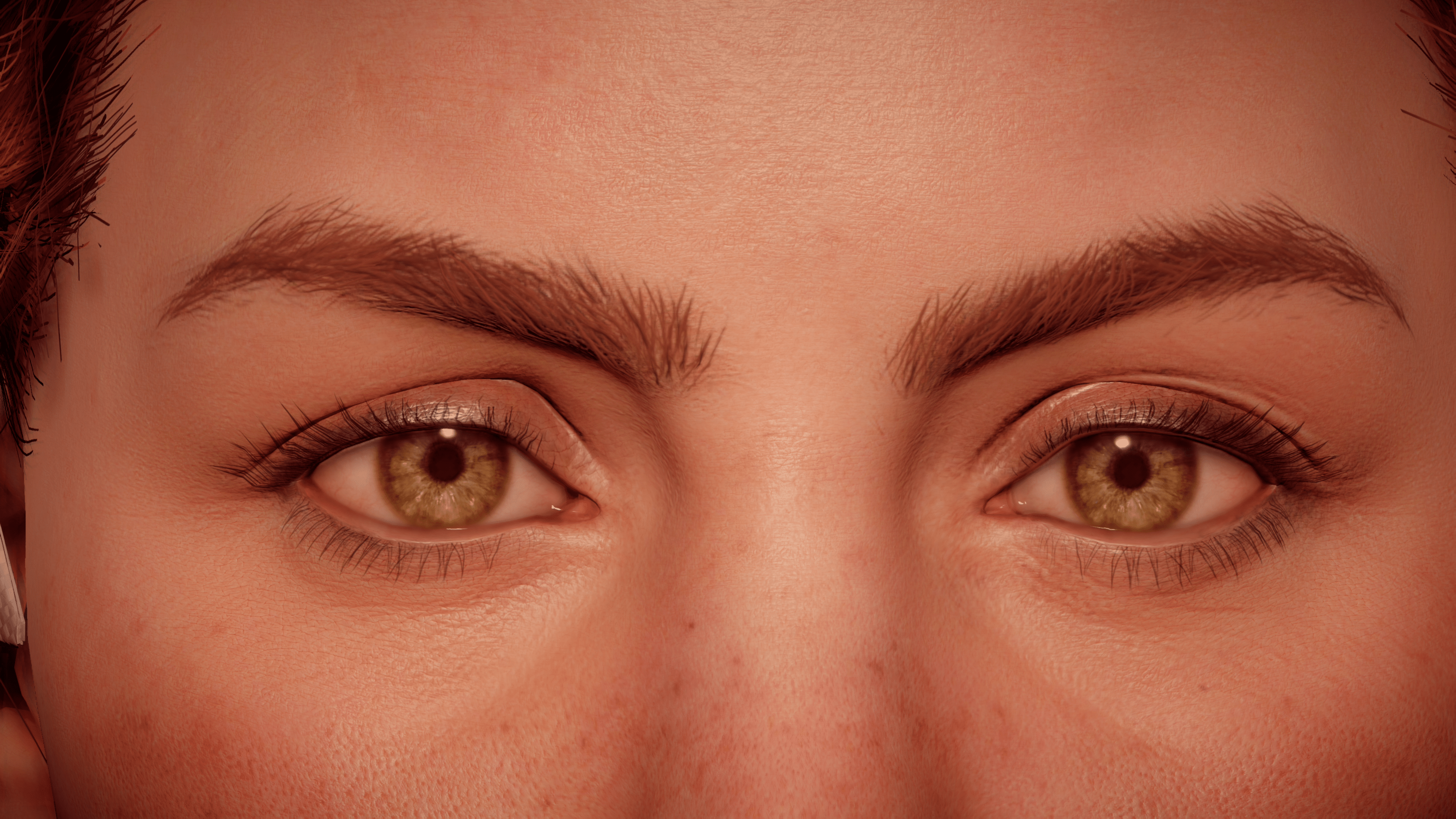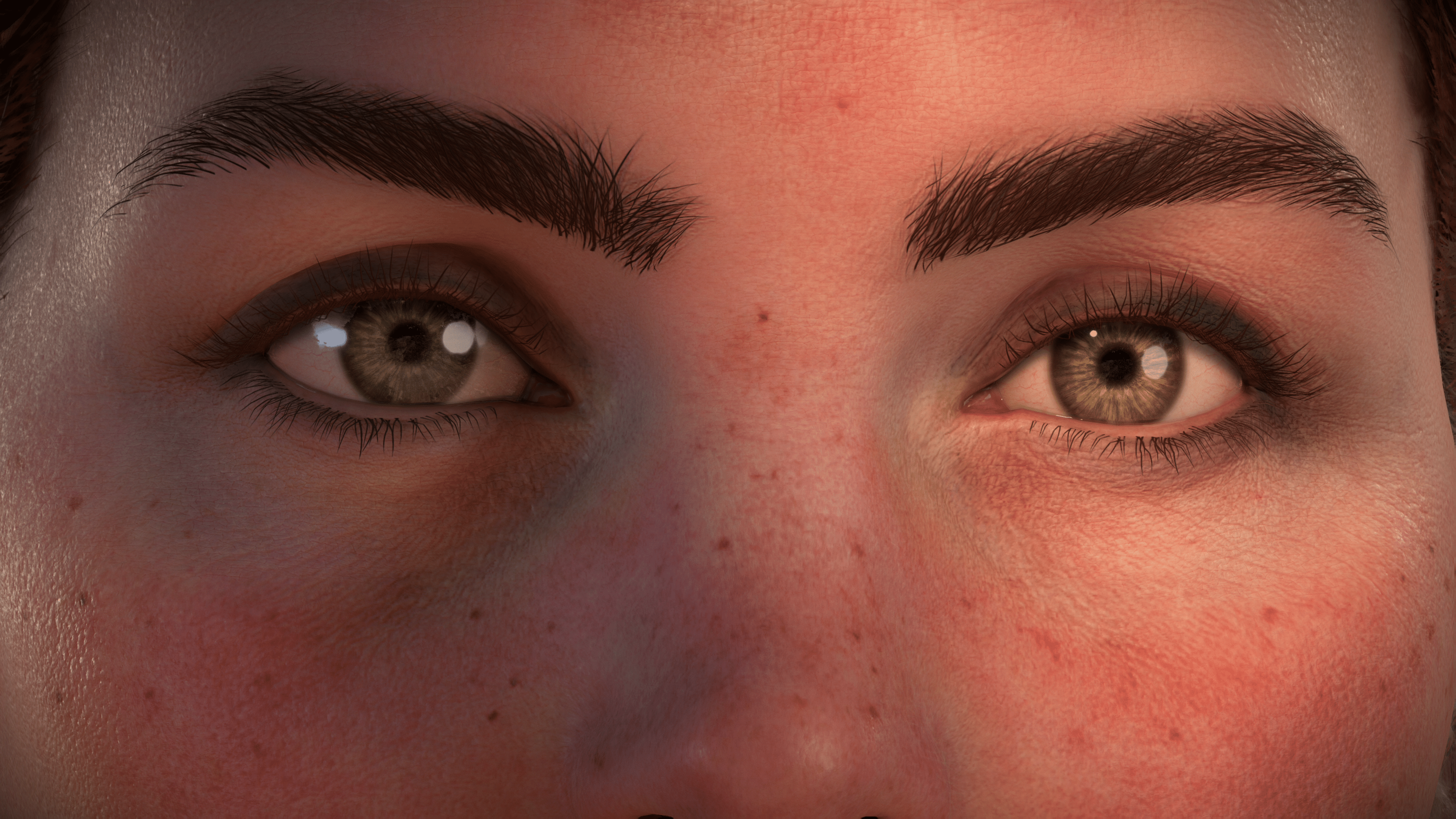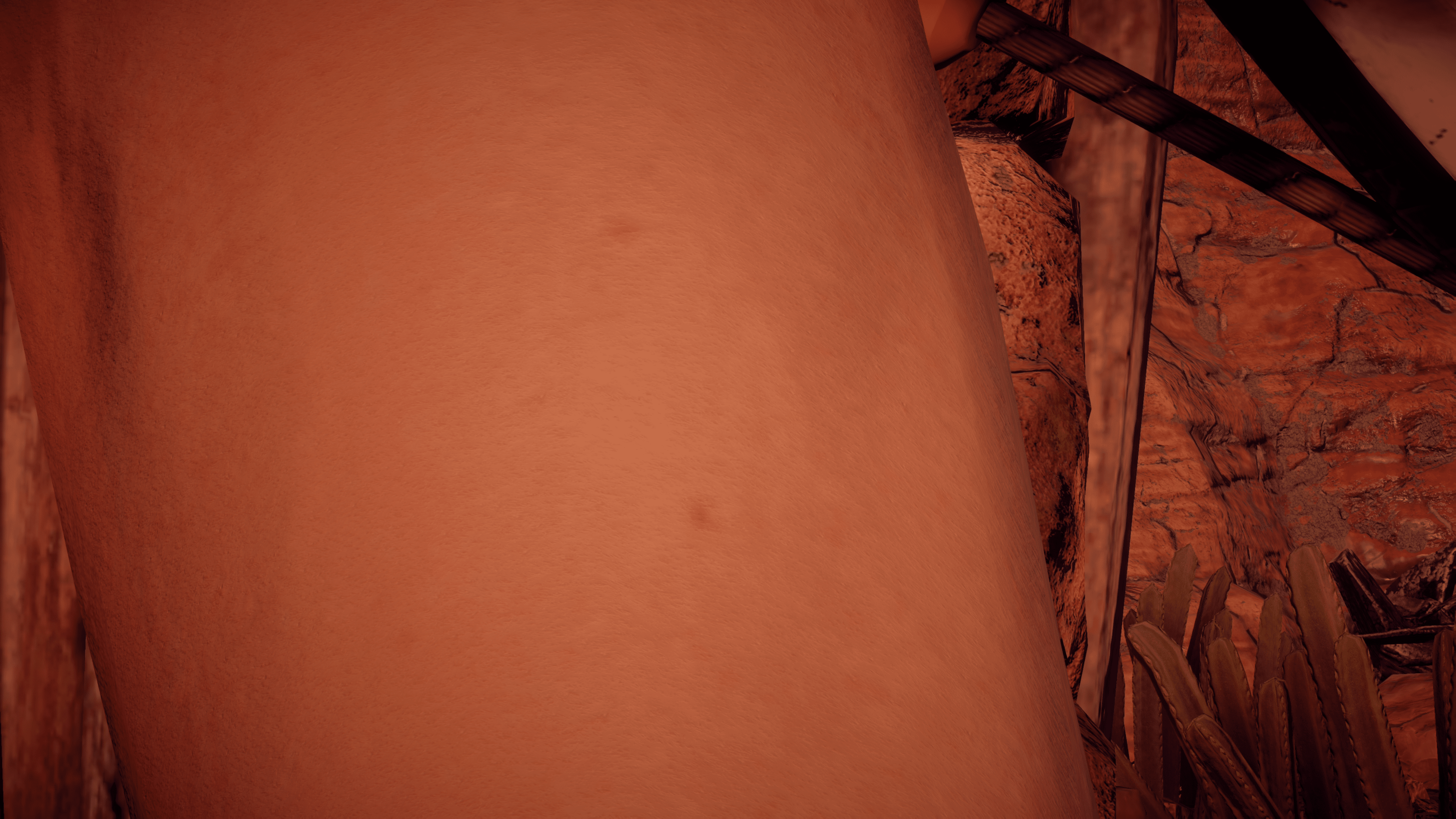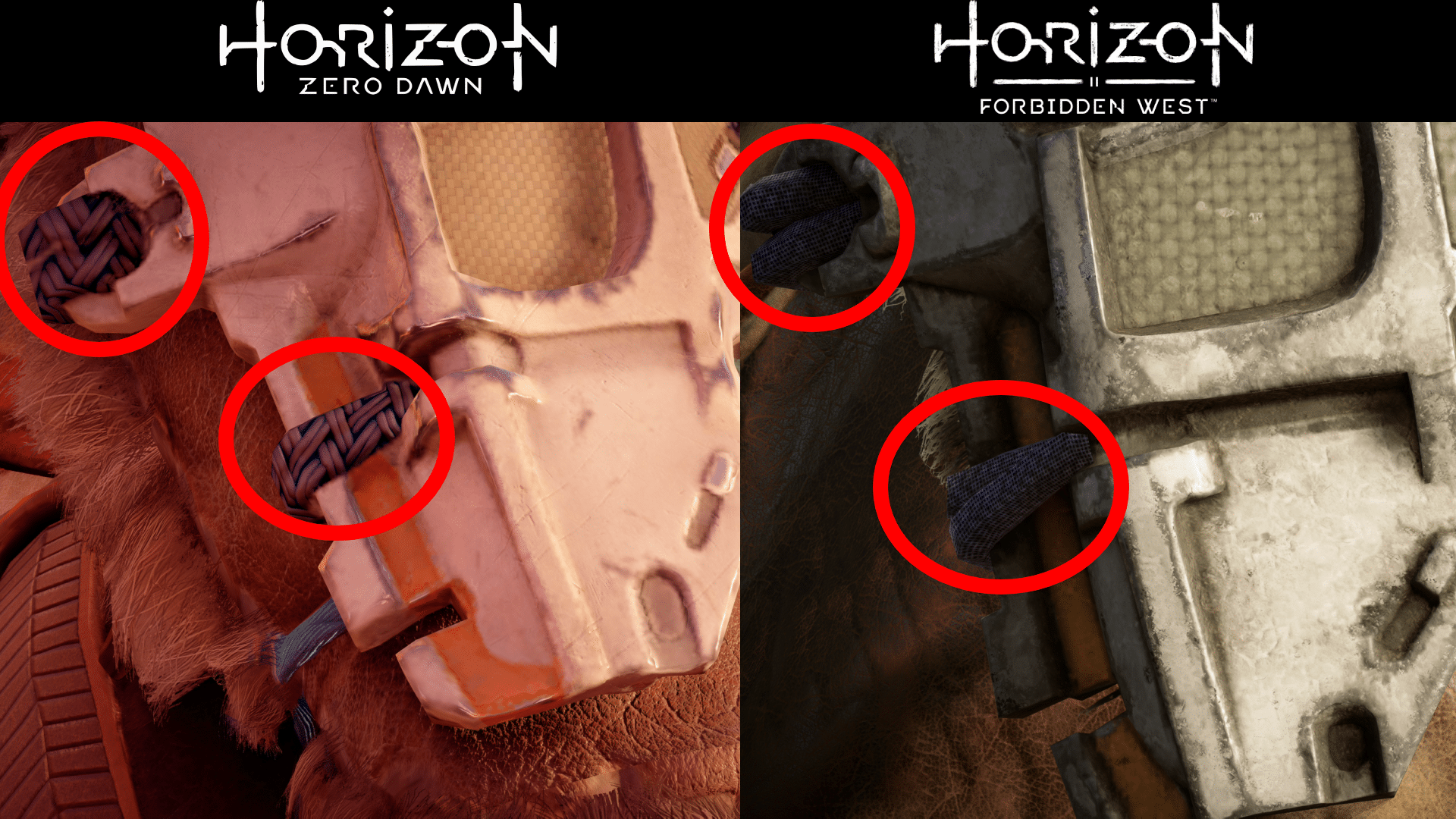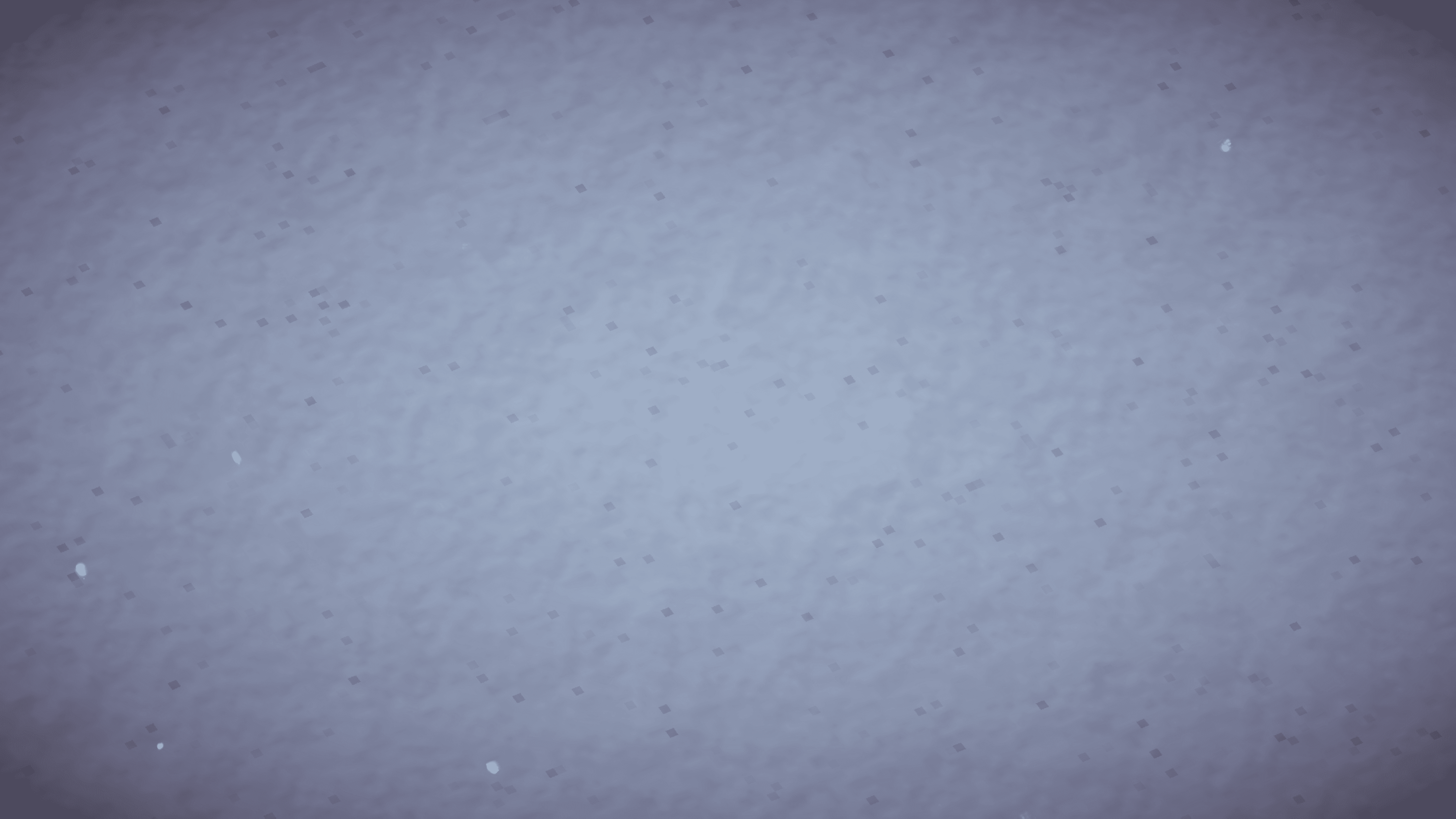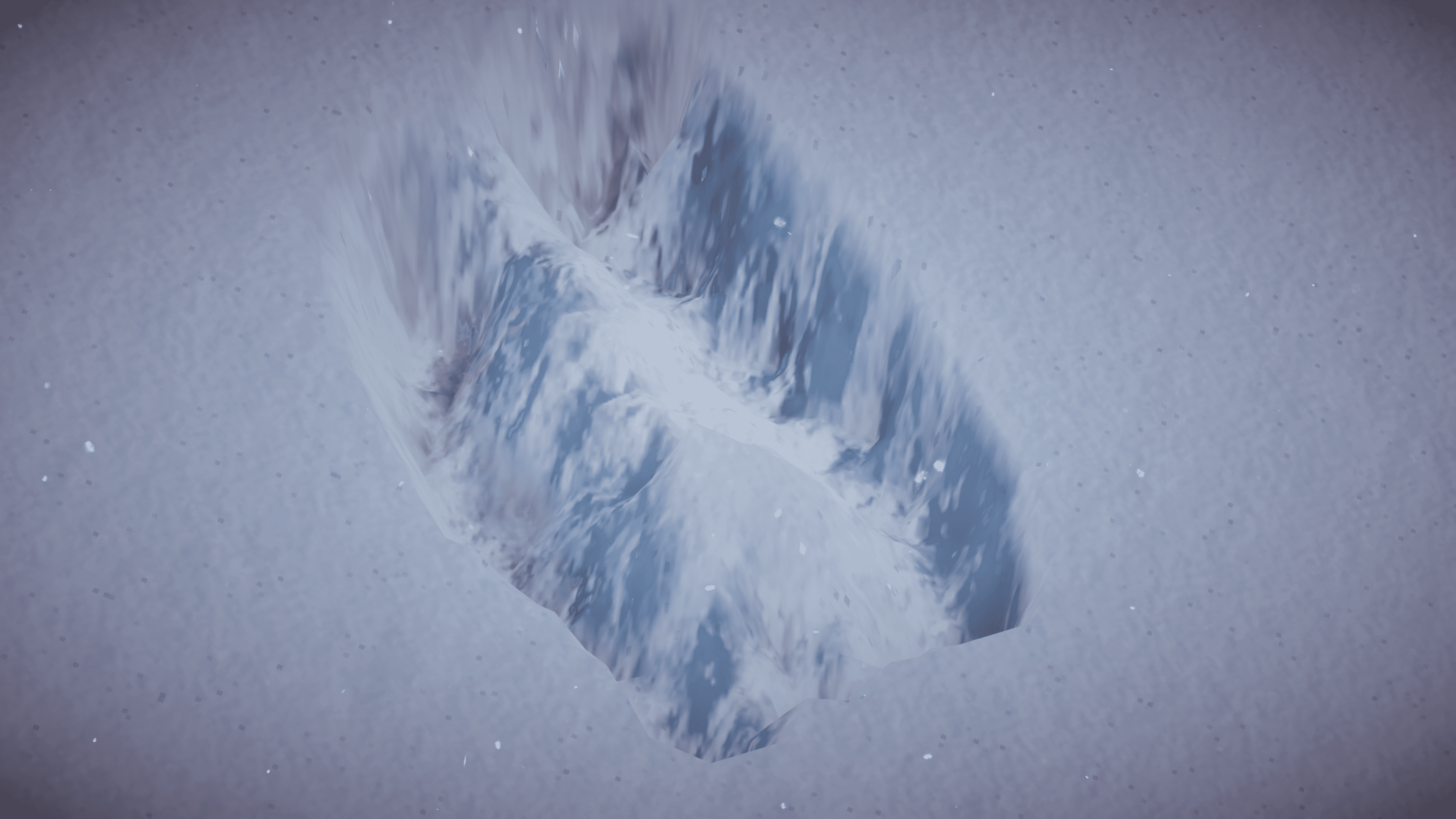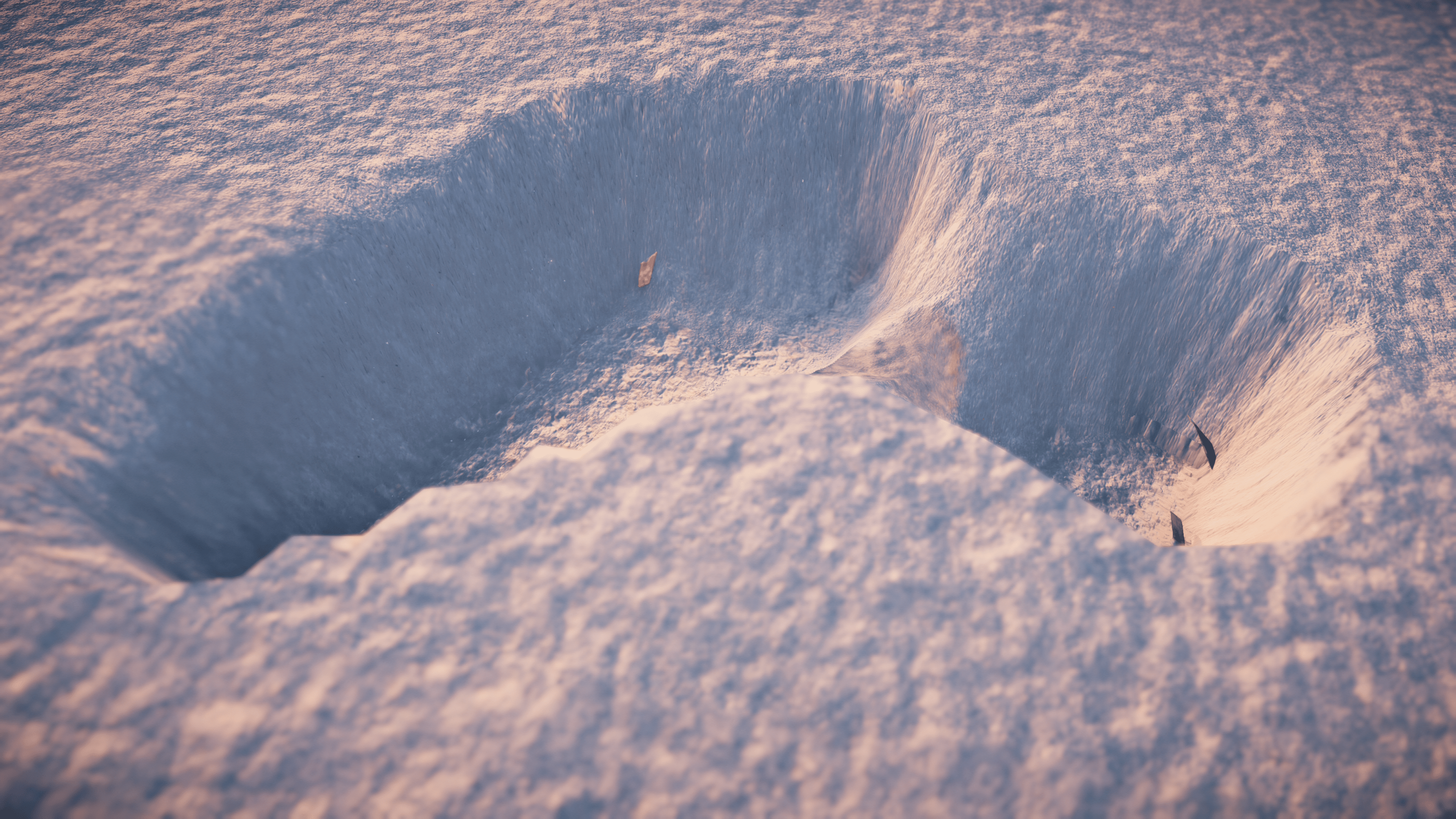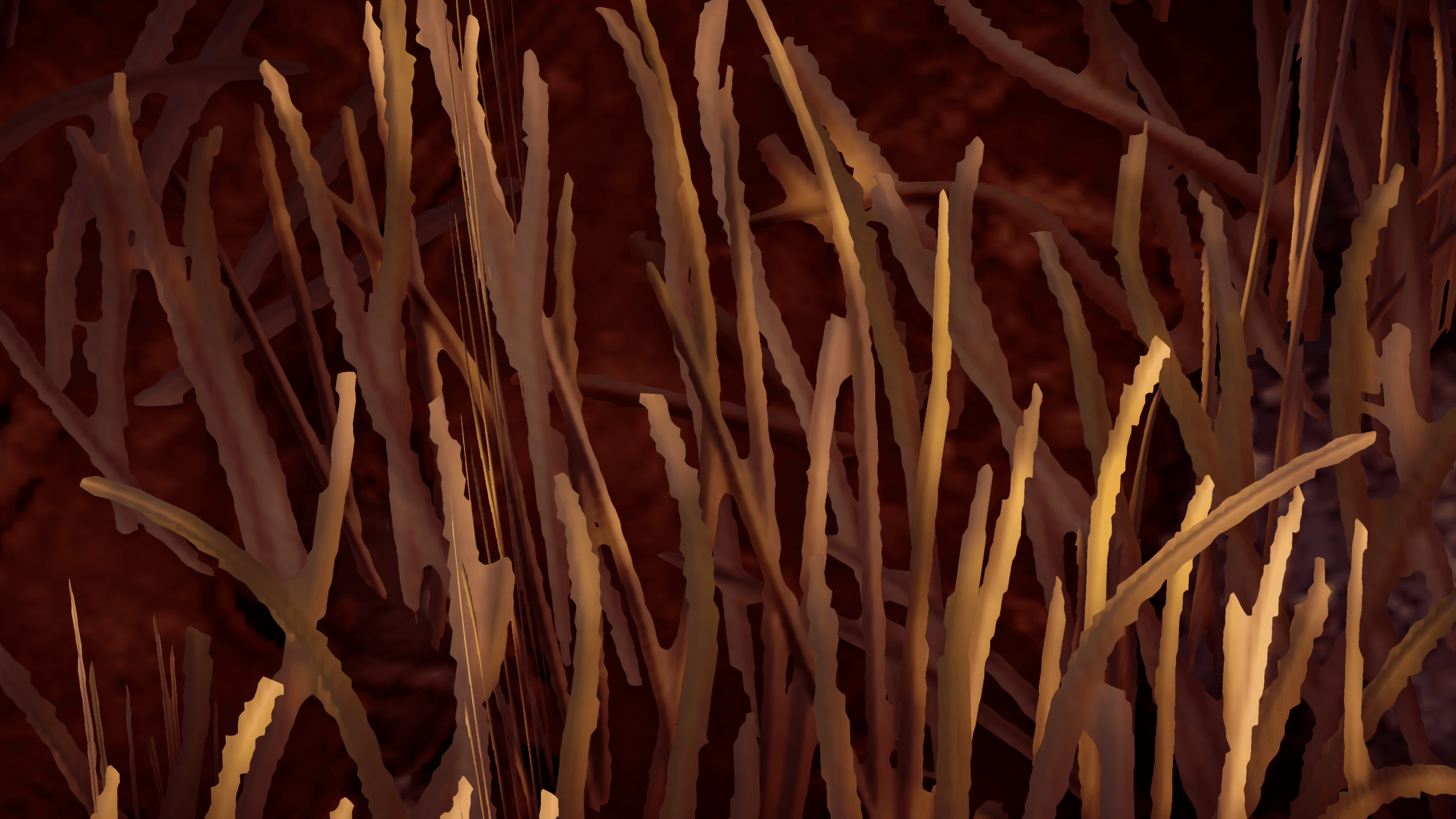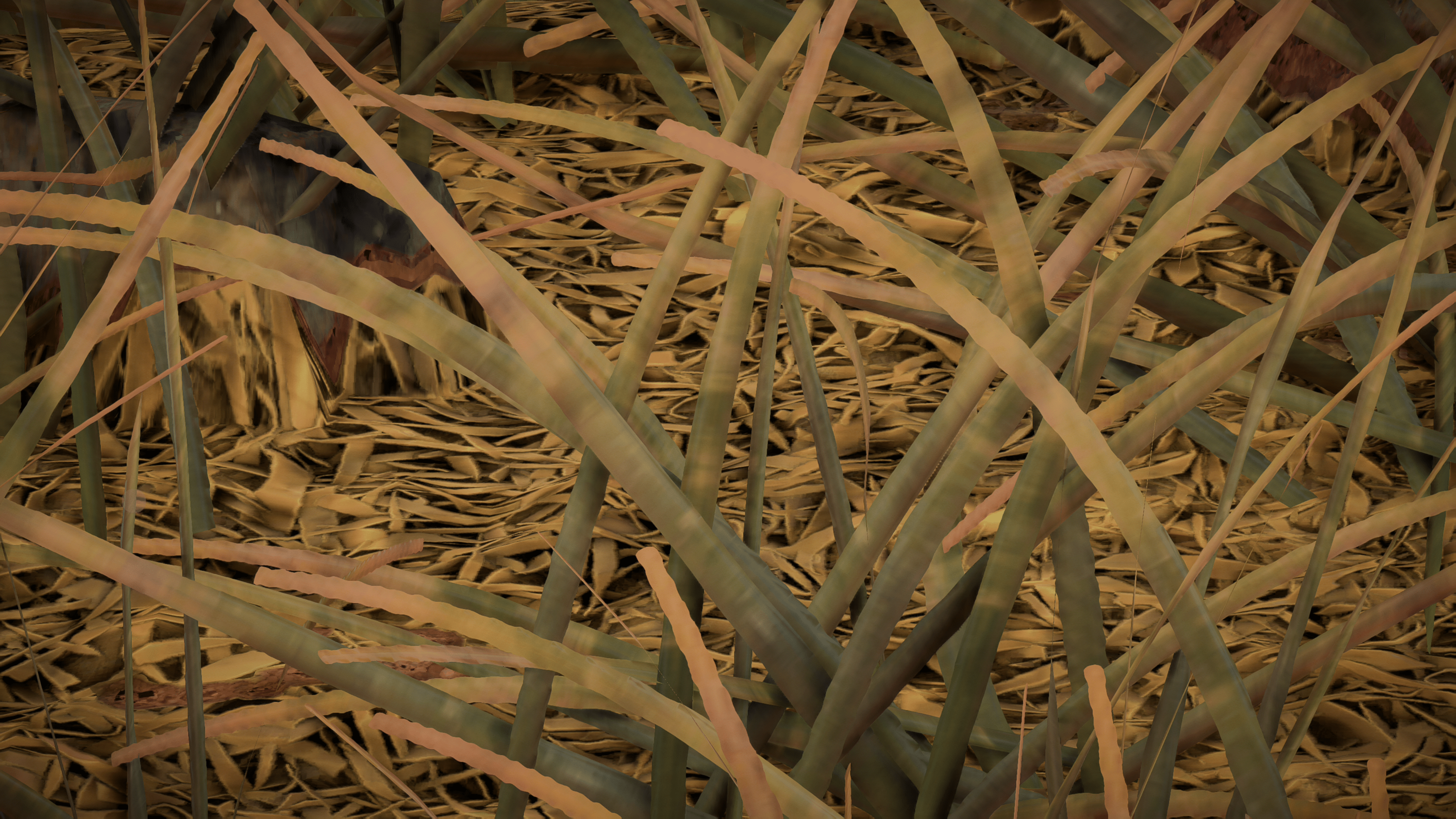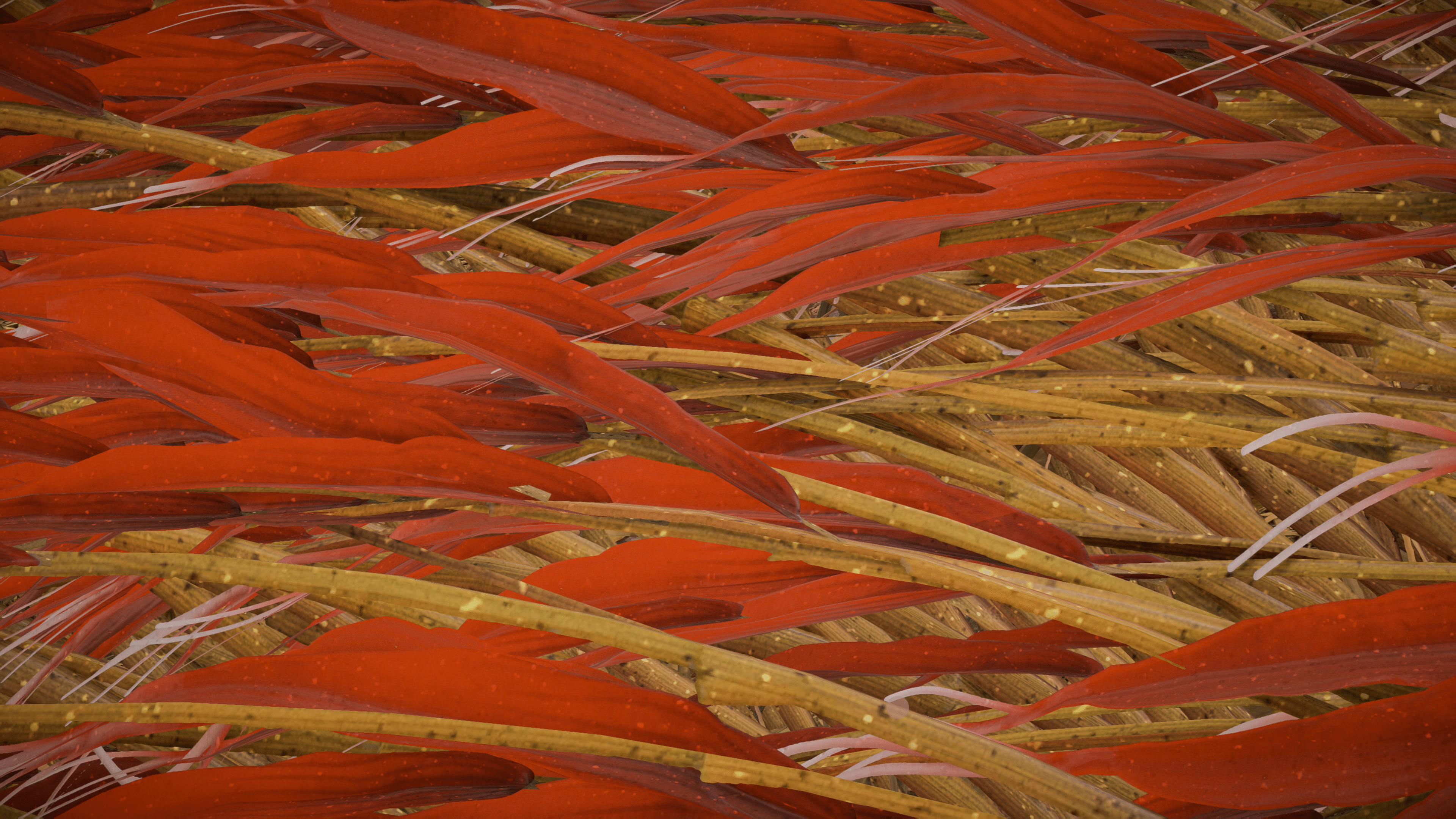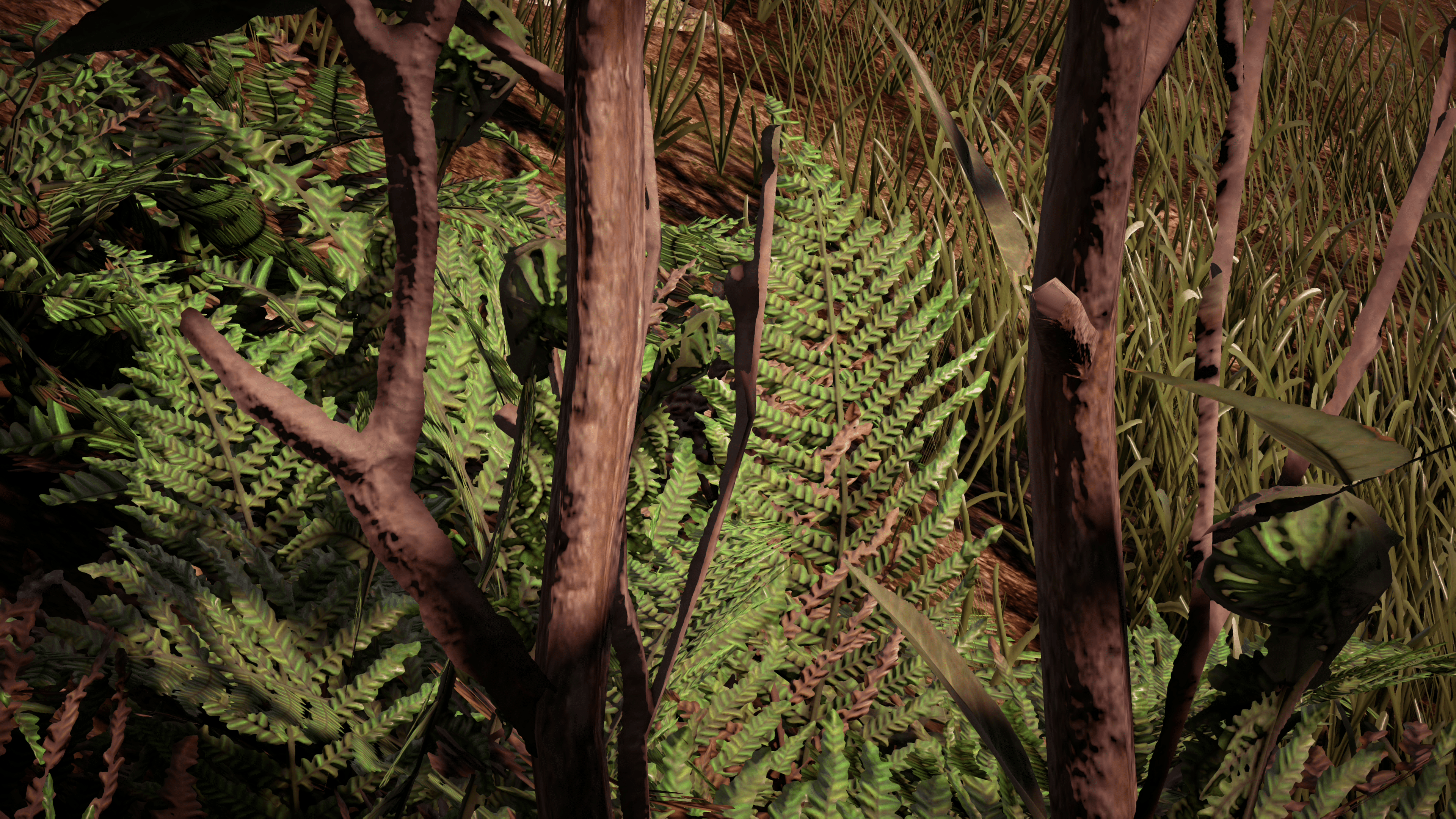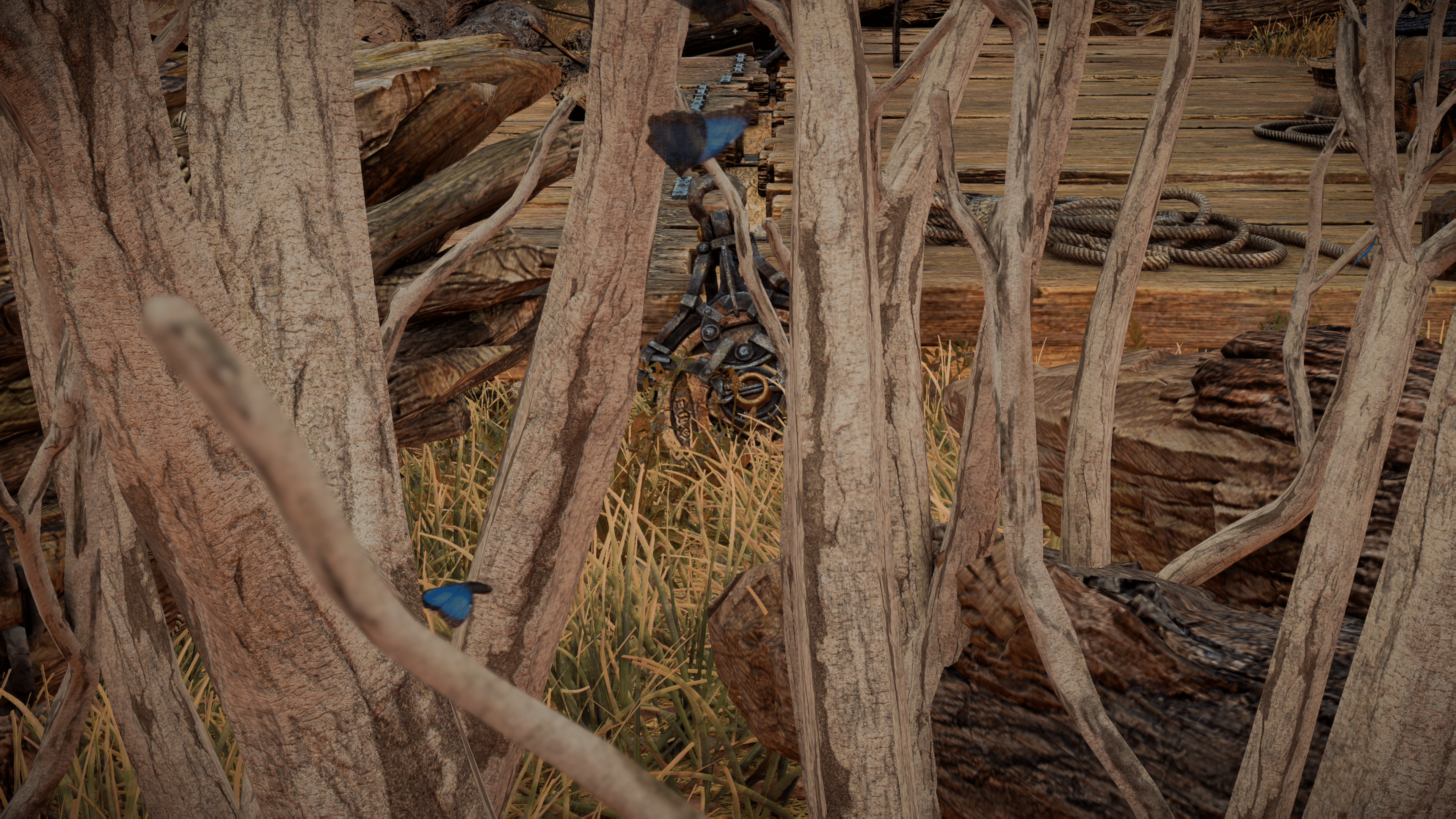In my 30+ hours of game time with Horizon Forbidden West, I have come to one conclusion: this game is an absolute graphical showcase. I shouldn’t be surprised (but I am) at this, as Guerrilla Games wowed us with Horizon Zero Dawn back in 2017, showcasing their newly created Decima Engine. This very same engine then went on the create Kojima Production’s breathtaking experience, Death Stranding, and now, of course, Horizon Forbidden West. While you’ve certainly seen plenty of screenshots roaming around since the review embargo lifted, I wanted to do a bit of a deeper dive myself and look at the finer details — the details you don’t notice until someone has pointed them out to you, and once you’ve seen them, well, you know the phrase already.
Death Stranding – The Formation of Decima
The conception of Death Stranding was an interesting one to say the least, but the short of it is that Kojima, after his and Kojima Productions separation from Konami, were doing some shopping, visiting multiple studios to see how they developed games and such. This journey eventually lead him to Guerrilla Games, and after some time spent with co-founder Hermen Hulst, it was eventually decided by Herman and the team to give Kojima the source code to their proprietary engine that powered Horizon Zero Dawn.
In Hermen’s own words (via VG24/7)
“I was talking to Michiel v.d. Leeuw, our technical director, and said, ‘You know what, let’s just give Kojima Productions our source code on a stick and offer it to them,’” recounted Hulst.
“They just couldn’t believe that a studio like us would just hand that to them. They wondered why. The honest reason was just for them to make a game. The idea that we can enable a studio of that caliber to make a great game, and we can play a part of that,” he added.
This eventually lead to two studios sharing knowledge with one another, which then lead to the naming of this engine. That name, as we now know it, is Decima.
Fast forward to the release of Death Stranding. One of the most impressive games in terms of visual fidelity. It was, a massive leap graphically over Guerrilla Games’ Horizon Zero Dawn in not only its environments, but impressive character models. However, considering the dense world of Horizon Zero Dawn compared to Death Stranding, which is has less in population, that should come as no surprise.
Still, a visual bump is a visual bump, and Death Stranding certainly impresses in that sense in regards to everything. Down below you’ll find some side-by-side shots showcasing just that, along with our input.
Horizon Zero Dawn Versus Death Stranding – Character Models
Texture details across both titles are pretty similar when it comes to examining the character models. However, I’d give it to Death Stranding, as Horizon Zero Dawn doesn’t look quite as good in motion, a common complaint back then that the models had a bit of a “plastic” look. That was mostly true in the NPC, though sadly Death Stranding only really features human NPOC in the form of holograms, with the rest of the cast being “main” characters.
One big difference I’ll point out, however, is that Death Stranding models offered variations in skin pigmentation. Death Stranding would use different skin coloring/tones throughout a model, whereas Horizon Zero Dawn was more focused on certain sections, such as character’s cheeks which are common to have blush of reds.
Next we’ll compare Death Stranding models to Horizon Forbidden West
Death Stranding Versus Horizon Forbidden West – Character Models
Horizon Zero Dawn – Guerilla First Decima Game, and How Far It’s Come
Horizon Zero Dawn Versus Horizon Forbidden West – Character Models
Yeah, that’s a pretty big generational leap if you ask me. Looking at the Aloy’s face from each game, you can tell there is a lot more detail on the PS5 version of Forbidden West. Take these two super close up shots for example.
The amount of details on skin has been vastly increased, though as seen in the other images it’s not just skin either. Pieces of equipment has been retexturized, as well as inclusion of addition models. Take the closeup shot of the armor for example, specifically the piece of fabric.
That no longer looks like a piece of block with a textures thrown over it as there are clearly separate strands. Even looking at the metal plating itself, it looks like a 2D texture is thrown on top of it in Horizon Zero Dawn; whereas in Forbidden West, it looks like there are indentations between the different sections. And yes, I am completely aware that this is a close-up shot, but these small improvements add to the overall character model, and there are plenty of them to notice.
What makes the Decima Engine so impressive however on next-gen are the models of random NPCs themselves. It’s common for games to have character models that are vastly better for the main cast versus the random NPCs you’ll encounter in the world. And while that does remain to be true in Forbidden West, we just can’t ignore how big of a leap they are over (even Aloy herself) from Zero Dawn.
Yep, we’ve come a long way when random NPCs are now being covered in this much detail.
Horizon Zero Dawn Versus Horizon Forbidden West – Environments
It’s not just the character models that have seen an increase in quality either, as the general environment has been vastly improved in some areas in Forbidden West. Snow texture for example no longer looks like a soft white sheet.
Snow deformation
Grass
Ridge-Wood branches
Now, this does go without saying that Horizon Zero Dawn does look incredible when you look at it from afar. Even some of the textures found on mountains, rocks, the ground, generally anything considered a large environment consists of texture just as high quality as that of Forbidden West. But in terms of scope, Forbidden West is a bigger game that is capable of outputting higher resolution and models at a far larger quantity than Zero Dawn. This results in the big changes shown above, and a higher detailed texture in that abundance is going to provide a far better looking game, both in stills and in motion.
I could go on for hours showing improvements, but I won’t. I just wanted to show you all in stills just how big of a leap, and how far the Decima engine has come. As technology continues to advance, we inch closer and closer to those movie quality assets. The Decima Engine impresses in all its offering, and one can only imagine how much more it’ll push once a full PS5 exclusive is built on it. What an exciting future!
